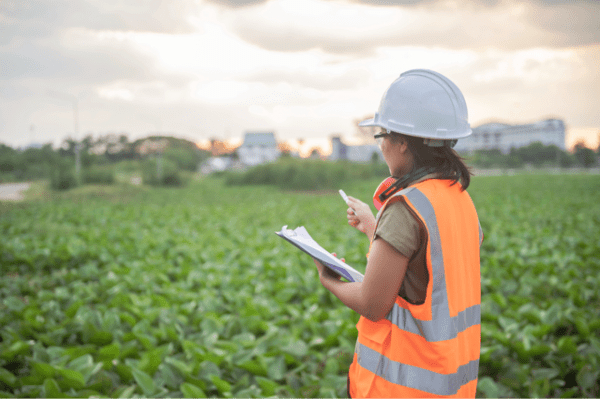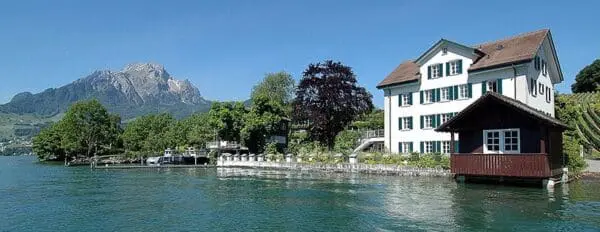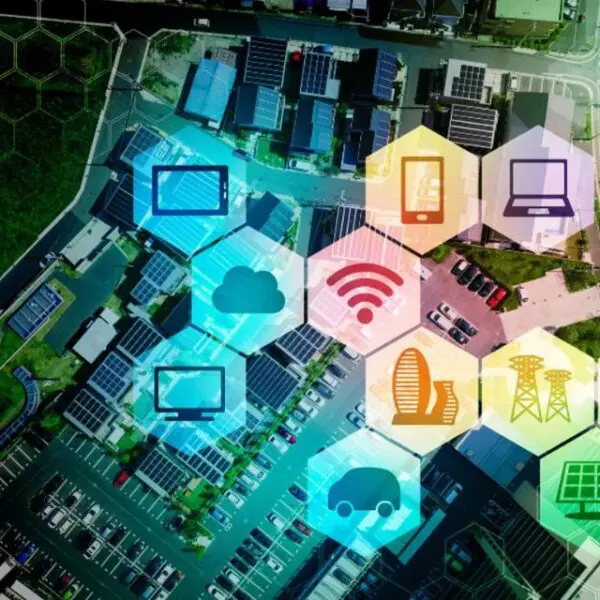
Galway, Ireland
Ecology: Living Landscapes in the West of Ireland
When:
14 June - 04 July 2026
Credits:
10 EC
Read more
Environmental Studies
When:
03 July - 14 July 2023
School:
Dresden University of Applied Sciences Summer School
Institution:
University of Applied Sciences
City:
Country:
Language:
English
Credits:
5 EC

Due to climate change, groundwater recharge, in addition to demand management, is an important measure to conserve, convey and safeguard groundwater systems and to protect and improve water quality. Managed aquifer recharge - MAR-, also called groundwater recharge, water banking, and artificial recharge is the targeted recharge of water in aquifers for later recovery or environmental benefit. It includes methods such as bank filtration, streambed weirs, infiltration ponds, and injection wells, and uses natural water sources and appropriately treated urban stormwater, wastewater, and other effluents to increase groundwater storage and provide supplies during drought and emergencies. MAR can play an important role as a measure to control over-abstraction and restore groundwater balance, and can also be used to maintain or improve ecosystem function and groundwater quality. The two-week MARISS International Summer School focuses on sharing and exchanging knowledge and new ideas in the field of MAR and Riverbank Filtration (RBF). MARISS is structured in a series of lectures, practical work, group projects, and technical excursions to MAR/RBF sites in Saxony and waterworks. The lectures are divided into 6 Blocks: Hydraulic Aspects, Well Design and Site Selection, Numerical Modelling, Water Quality Aspects, Monitoring and Post-treatment, Regulations, and Guidelines.
Prof. Dr. Ing. Thomas Grischek Division of Water Sciences University of Applied Sciences, Dresden, Germany E-mail: mariss@htw-dresden.de
Master's and Ph.D. students, post-docs, technicians, engineers, and consultants with at least a BSc. in engineering, environmental sciences, geology, hydrogeology, hydrology, geosciences, groundwater and water resources management, and water sciences. Applicants must have advanced English language skills. The number of participants is limited to 12.
Participants will acquire an extended theoretical and practical understanding of:
- various MAR techniques
- hydraulic aspects and management of clogging
- MAR scheme design and site selection
- web-based numerical modeling and optimization of MAR
- analytical and numerical modeling tools for MAR systems
- aspects of water quality and attenuation processes
- pathogen removal techniques and laboratory determination methods
- experimental set-ups for the simulation of MAR processes
When:
03 July - 14 July 2023
School:
Dresden University of Applied Sciences Summer School
Institution:
University of Applied Sciences
Language:
English
Credits:
5 EC

Galway, Ireland
When:
14 June - 04 July 2026
Credits:
10 EC
Read more

Lucerne, Switzerland
When:
31 May - 05 June 2026
Credits:
2 EC
Read more

Bochum, Germany
When:
27 July - 07 August 2026
Credits:
3 EC
Read more